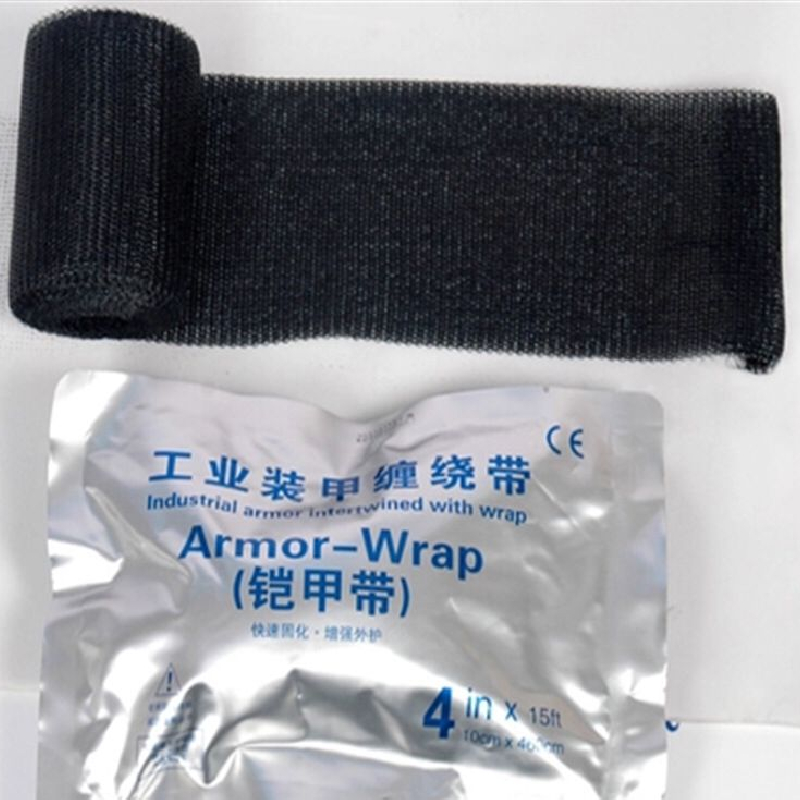The Importance of Tape Electrical Insulation Ensuring Safety and Efficiency
In the realm of electrical engineering and maintenance, ensuring safety and efficiency is paramount. One of the most fundamental yet often overlooked components in this domain is tape electrical insulation. This specialized tape serves a critical role in safeguarding electrical systems, minimizing risks, and enhancing performance in a variety of applications.
What is Electrical Insulation Tape?
Electrical insulation tape, commonly referred to simply as electrical tape, is a type of pressure-sensitive tape used to insulate electrical wires and other materials that conduct electricity. Typically made from vinyl, rubber, or a variety of other materials, this tape prevents electrical conductivity, thereby reducing the risk of short circuits, electrical fires, and other hazardous situations.
Types of Electrical Insulation Tape
There are several types of electrical insulation tape, each designed for specific applications. The most common types include
1. Vinyl Electrical Tape Known for its flexibility and durability, vinyl tape is used in various settings, from household electrical repairs to industrial applications. It is available in multiple colors, making it useful for color coding wires.
2. Rubber Mastic Tape This type of tape provides a watertight seal and is ideal for outdoor applications or environments exposed to moisture. Its adhesive properties ensure a strong bond, even in challenging conditions.
tape electrical insulation

3. Fiberglass Electrical Tape This high-temperature resistant tape is often used in applications that require thermal insulation, such as in motors or transformers. It can handle extreme conditions without degrading.
4. Self-Fusing Silicone Tape Unlike traditional tapes, this tape bonds to itself when wrapped around a surface. It creates a permanent, water-tight seal that is highly effective in emergency repairs.
Benefits of Electrical Insulation Tape
The use of electrical insulation tape offers numerous benefits that contribute to both safety and efficiency. Firstly, it dramatically reduces the risk of electric shock and short circuits. By securely insulating electrical connections, the tape helps prevent accidental contact with conductive parts, which can lead to dangerous situations.
Additionally, electrical tape is essential for protecting wires from environmental factors. Many tapes are designed to withstand humidity, heat, and ultraviolet rays, ensuring that they maintain their insulating properties over time. This durability not only extends the lifespan of electrical systems but also reduces the need for frequent repairs and replacements.
Furthermore, the versatility of electrical insulation tape makes it a vital tool in both professional and DIY settings. It can be used for a variety of tasks, including splicing wires, securing connections, and providing protection against abrasion and cuts. Its ease of use allows individuals to carry out repairs quickly and effectively, promoting efficiency.
Conclusion
In conclusion, tape electrical insulation is an indispensable element of electrical safety and performance. It protects against hazards while ensuring that electrical systems operate smoothly. The variety of tapes available allows for tailored solutions to meet the specific needs of different applications, from home repairs to industrial installations. As technology continues to advance, the materials and designs of electrical insulation tape will likely evolve, further enhancing safety and reliability in the electrical field. Understanding and utilizing these insulation tapes is key for anyone working with electrical systems, reinforcing the importance of proper insulation in maintaining safety and efficiency today and into the future.
-
XIANGFAN Rubber Tape-Ultimate Solutions for All Your Insulation NeedsNewsJun.24,2025
-
XIANGFAN Rubber Tape-Protection for Industrial and Residential ApplicationsNewsJun.24,2025
-
XIANGFAN Rubber Tape: Superior Safety and Sealing for Demanding EnvironmentsNewsJun.24,2025
-
XIANGFAN Rubber Tape: Reliable Solutions for Every Electrical ChallengeNewsJun.24,2025
-
XIANGFAN Electrical & Industrial Tape: Powering Reliability Across IndustriesNewsJun.24,2025
-
XIANGFAN Electrical & Industrial Tape: Excellence in Every ApplicationNewsJun.24,2025
